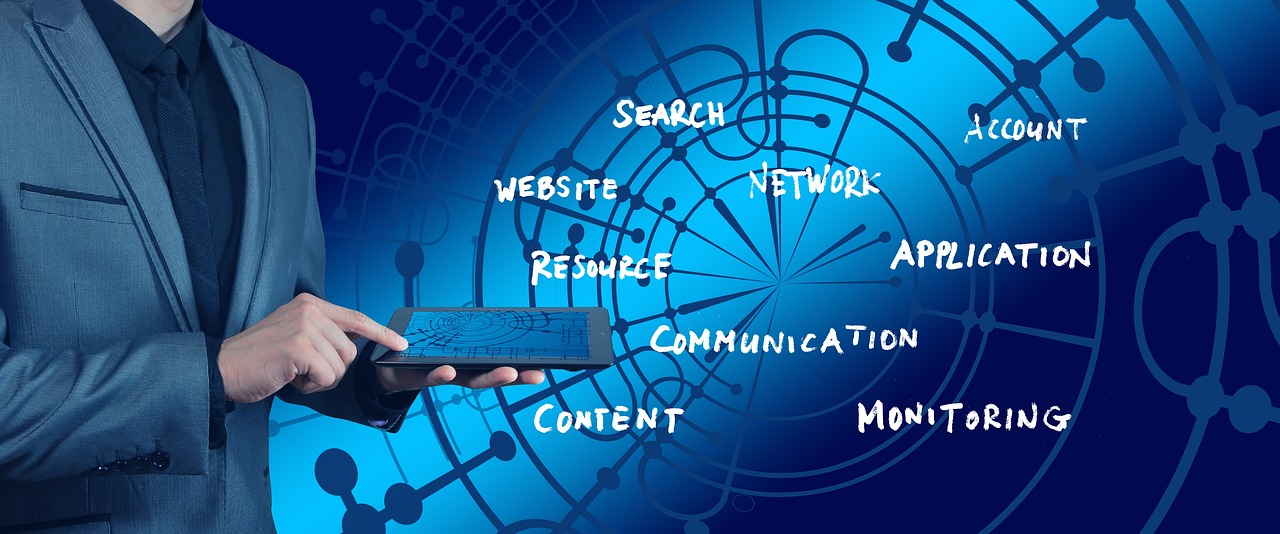The Ethics of Genetic Editing: CRISPR and Beyond
When discussing genetic editing, ethical concerns arise regarding the potential manipulation of human traits and characteristics. The ability to alter individual’s genetic makeup raises questions about the ethical boundaries that should guide such interventions. One major ethical consideration is the fear of creating designer babies with enhanced physical or intellectual attributes, leading to potential societal disparities and discrimination based on genetic makeup.
Furthermore, the thought of tampering with the fundamental building blocks of life raises questions about the long-term consequences of genetic editing. Concerns regarding the unintended genetic mutations or off-target effects that could arise from manipulating the human genome also fuel ethical debates. Striking a balance between the advancements genetic editing can offer in medical treatments and the ethical implications of altering genes raises complex moral dilemmas that warrant careful consideration and reflection.
• The ability to alter individual’s genetic makeup raises questions about the ethical boundaries that should guide such interventions.
• One major ethical consideration is the fear of creating designer babies with enhanced physical or intellectual attributes.
• Concerns regarding unintended genetic mutations or off-target effects from manipulating the human genome fuel ethical debates.
• Striking a balance between medical advancements and ethical implications raises complex moral dilemmas.
Potential benefits of CRISPR technology
CRISPR technology offers a promising avenue for treating genetic disorders by targeting specific genes responsible for the condition. This precision allows for potential cures rather than just symptom management. In addition, the efficiency and speed of CRISPR make it a versatile tool for a wide range of applications beyond healthcare, such as agriculture and environmental conservation.
Another key benefit of CRISPR technology is its ability to enhance our understanding of genetic functions. By selectively editing genes in various organisms, researchers can unravel the complexities of genetic interactions and unlock new insights into diseases and developmental processes. This knowledge not only paves the way for more targeted treatments but also opens up possibilities for manipulating genes to improve crop yields or create disease-resistant animals.
Risks and limitations of genetic editing
Genetic editing, despite its promising potential, raises significant concerns regarding the unforeseen consequences that may arise. One major risk associated with genetic editing is the possibility of off-target mutations, where unintended changes in the DNA sequence occur, leading to various genetic disorders or other detrimental effects. Such unwanted mutations can have far-reaching implications, affecting not only the individual undergoing the genetic editing but also future generations.
Additionally, genetic editing may raise ethical dilemmas, particularly in the realm of germline editing. Altering the genetic makeup of embryos can have permanent and inheritable consequences, sparking debates about the moral implications of essentially playing “genetic roulette” with the traits and characteristics of future generations. The ability to manipulate genes raises concerns about eugenics, equitable access to such technologies, and the notion of “designer babies,” challenging societal norms and ethical boundaries.
What are some ethical considerations in genetic editing?
Ethical considerations in genetic editing include concerns about altering the human germline, potential misuse of the technology, and the implications of editing genes without fully understanding the long-term consequences.
What are some potential benefits of CRISPR technology?
CRISPR technology has the potential to treat genetic disorders, develop new medical therapies, improve agricultural practices, and advance our understanding of genetics and biology.
What are some risks and limitations of genetic editing?
Risks of genetic editing include unintended off-target mutations, unknown long-term effects on the edited organism, and the potential for creating genetic inequalities. Limitations include the complexity of genetic interactions, ethical concerns, and the need for further research and development.





